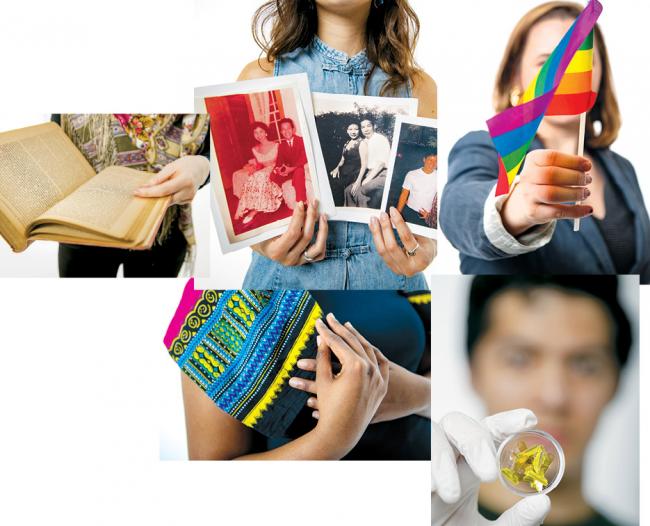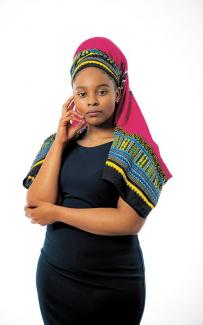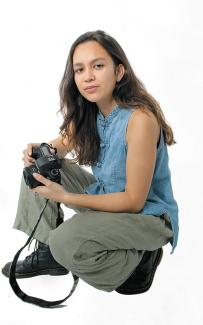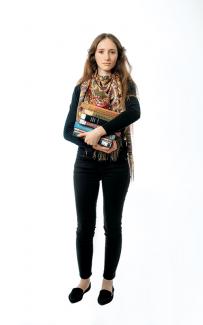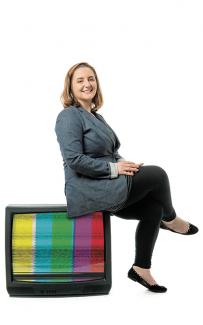ANALYZING BEAUTY STANDARDS
Raven Ancar
When Raven Ancar, a first-year student in the School of Liberal Arts, whose hometown is New Orleans, attended a summertime youth leadership conference in Uganda last year, she noticed that the topic of beauty repeatedly came up among the young women she met, many of whom were from Uganda and Rwanda.
But it wasn’t small talk about hair and makeup — it was about how a standard of beauty can contribute to a woman’s sense of self-worth, affect her agency in life and influence the opportunities that could come her way. The problem was, the beauty standard seemed to reflect a European ideal rather than an African one, promoting hair straightening and skin bleaching among women of color, in order to approximate whiteness.
“They would tell me how it’s hard moving through the ranks just because of your skin tone,” Ancar said, adding that she had heard African-American women echo the same concerns — missed opportunities because of subtle racism. “I never thought it would be the same in Africa, but it is.”
Curious, Ancar, who is majoring in psychology, sociology and Africana studies, conducted a content analysis of models in mainstream magazines from the United States as compared to Uganda. With guidance from Paula Booke, associate director of the Center for Academic Equity, Ancar rated models for skin tone and hair texture — and found that the American magazines tended to be more inclusive than African magazines.
Ancar hopes to publish her research or speak about it at other universities, starting a dialogue about beauty standards worldwide.


